Ghana, a country known for its rich natural resources and commitment to renewable energy, is witnessing a significant transformation in its energy landscape. The installation of solar panels and the construction of photovoltaic (PV) power stations are rapidly gaining momentum, marking a pivotal shift towards a greener and more sustainable future.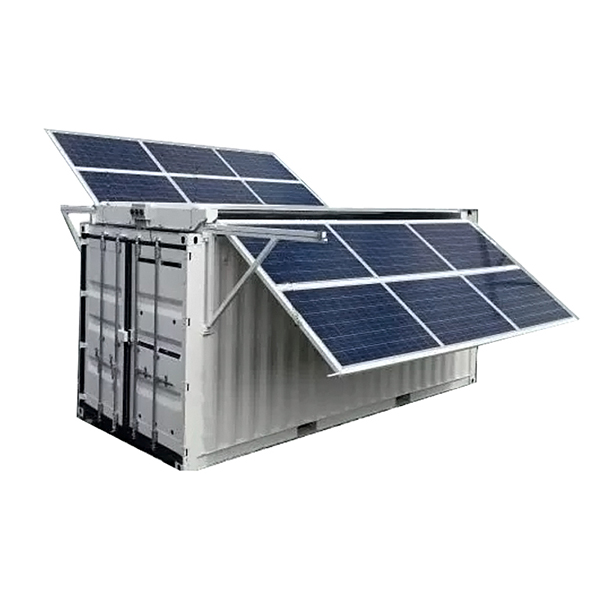
Large-Scale Projects Taking Shape
At the forefront of this renewable energy revolution, Ghana is embarking on several ambitious large-scale solar projects. The National Authority for Water and Electricity Services (NAWES), for instance, is leading the charge with plans to develop the country's first significant solar PV power project, boasting an installed capacity of 20 gigawatts (GW) and complemented by a robust energy storage system. This colossal undertaking underscores Ghana's determination to harness the vast potential of solar energy. Additionally, smaller yet significant projects like the 40-megawatt (MW) Bongo Solar Power Project are also underway, contributing to the nation's renewable energy mix.
Financial Backing and International Collaboration
The implementation of these projects has been facilitated by substantial financial support from international organizations and financial institutions. The European Investment Bank, the World Bank, and the European Union have all pledged funds to accelerate the transition to clean energy. Furthermore, the World Bank is actively assisting in identifying and engaging professional consulting firms to ensure the smooth execution of these endeavors. This collaborative effort underscores the global recognition of Ghana's commitment to renewable energy and the potential benefits it holds for both the country and the world.
Technical Expertise and Comprehensive Management
Beyond the mere construction of solar power plants, these projects encompass a holistic approach that encompasses management and supervision, the establishment of transmission lines and substations, and the integration of Supervisory Control and Data Acquisition (SCADA)/Energy Management Systems (EMS). This comprehensive approach ensures not only increased generating capacity but also the reliability and efficiency of the entire energy system. It highlights Ghana's commitment to building resilient and future-proof infrastructure.
Economic and Social Benefits
The implementation of solar projects in Ghana promises significant economic and social dividends. By reducing reliance on imported fossil fuels, these projects mitigate the risk of electricity price fluctuations, enhancing energy security and affordability for households and businesses alike. Moreover, the construction and operation of these facilities will generate employment opportunities, elevate the skills of local labor forces, and stimulate economic growth within communities. These benefits extend beyond the immediate economic gains, fostering social development and improving living standards across the country.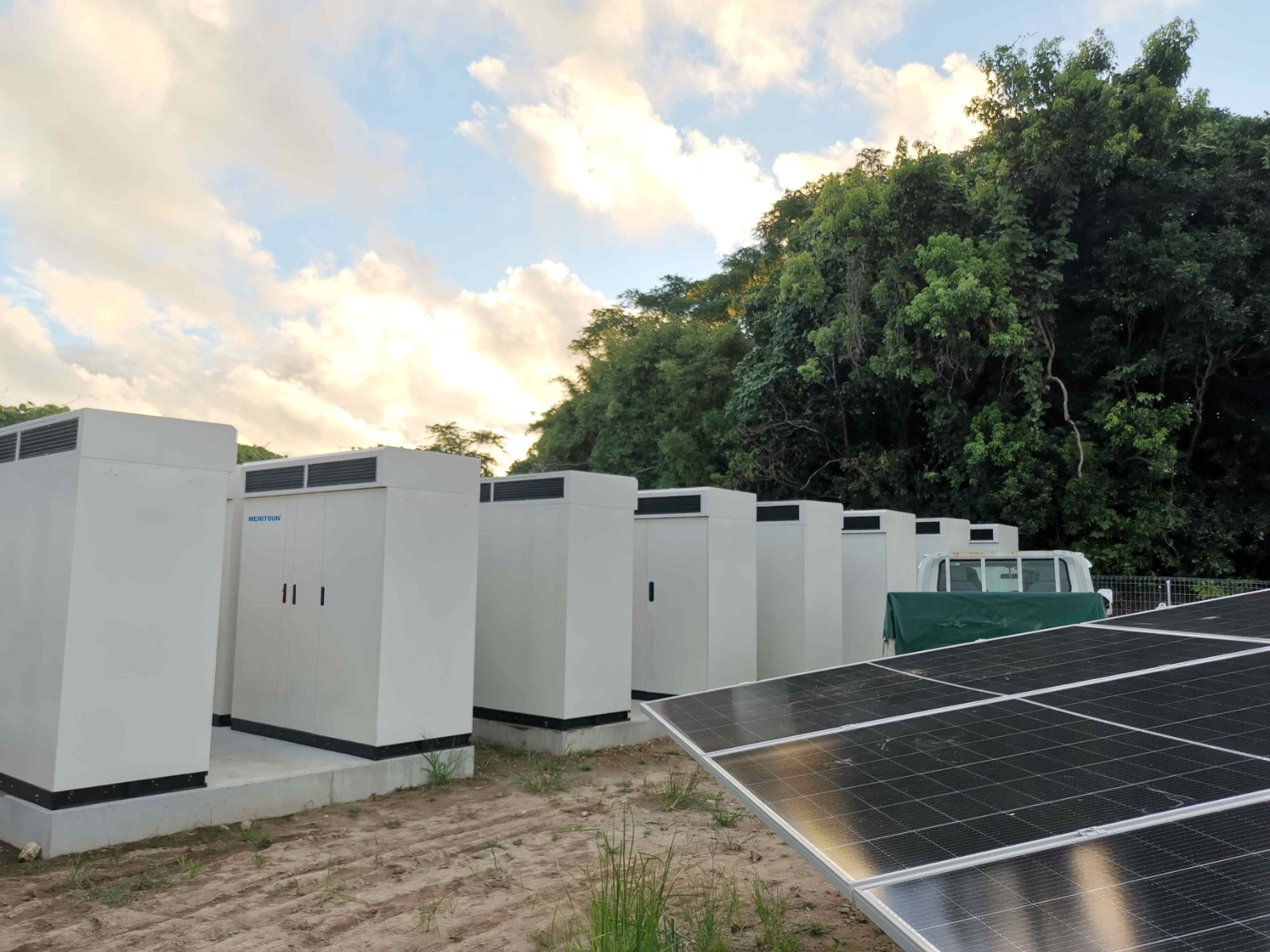
Environmental Stewardship
To ensure the sustainability of these projects, rigorous environmental impact assessments (ESIA) are being conducted. The 40MW Bongo Solar Power Project serves as a prime example, having successfully completed the initial stages of ESIA and secured the approval of environmental agencies. This process underscores Ghana's commitment to responsible development, balancing economic progress with environmental conservation.
Conclusion
In conclusion, Ghana's solar panel installation and PV power station construction are propelling the country towards a sustainable energy future. Backed by international support, technical expertise, and a commitment to comprehensive management, these projects not only bolster the nation's electricity supply capabilities but also yield profound economic and social benefits. With a keen eye on environmental stewardship, Ghana is demonstrating that renewable energy can be harnessed in a manner that is both economically viable and environmentally responsible, setting an example for other nations to follow.




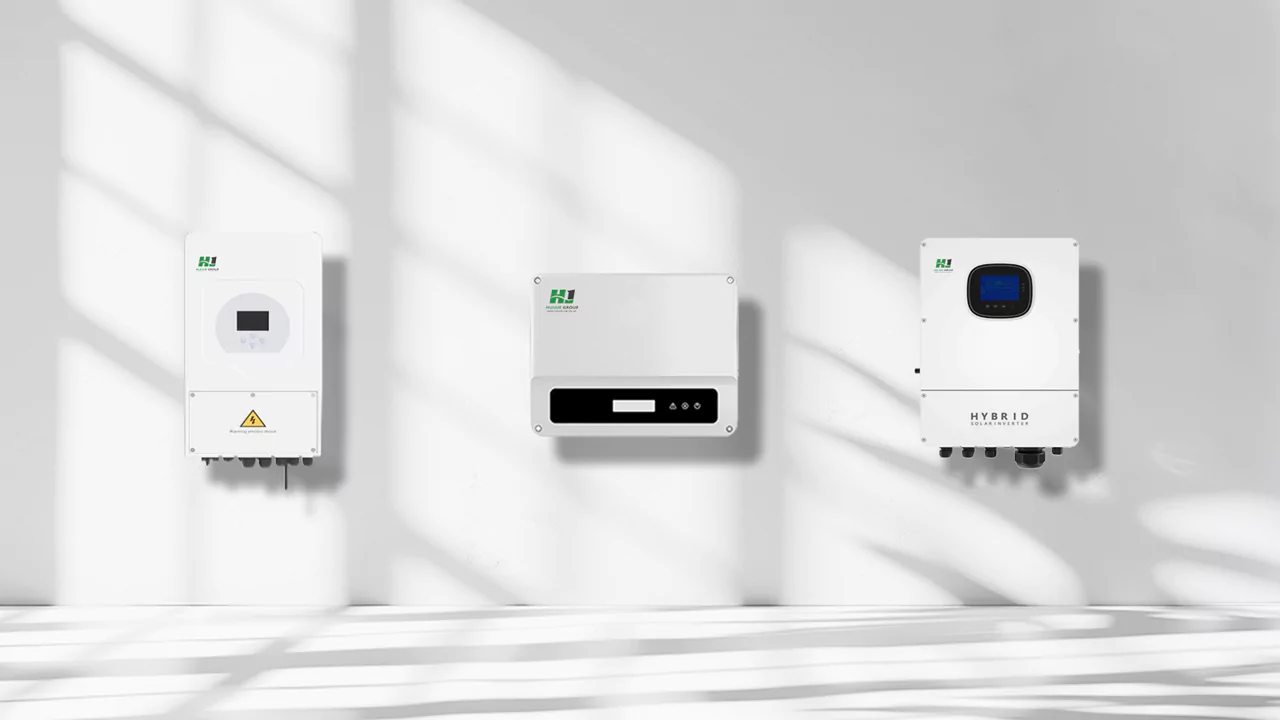

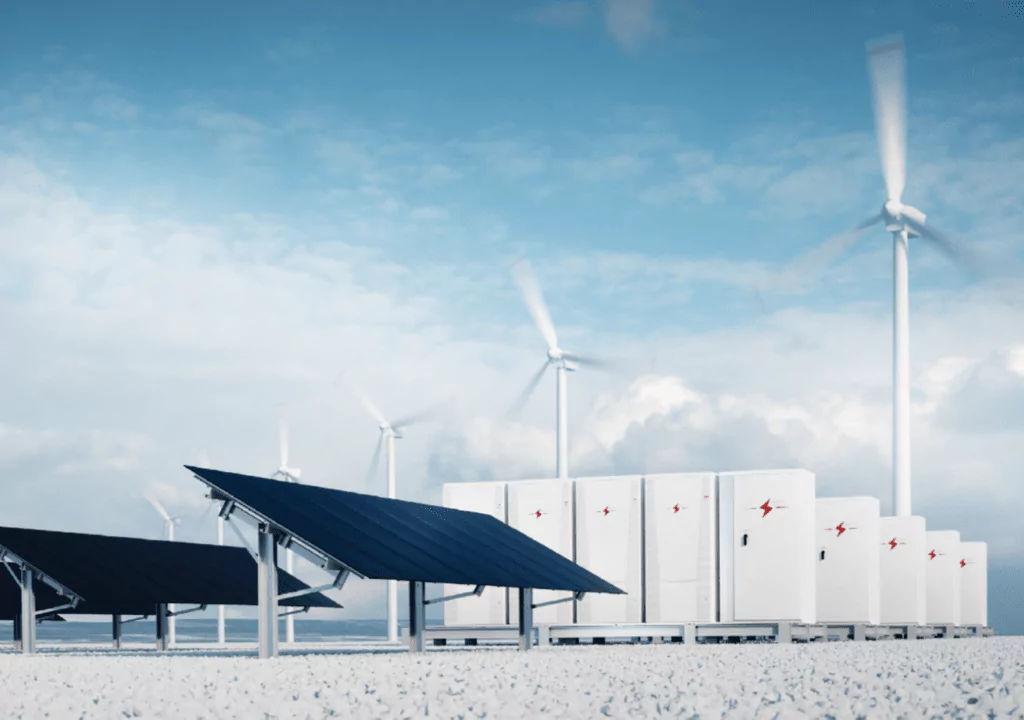
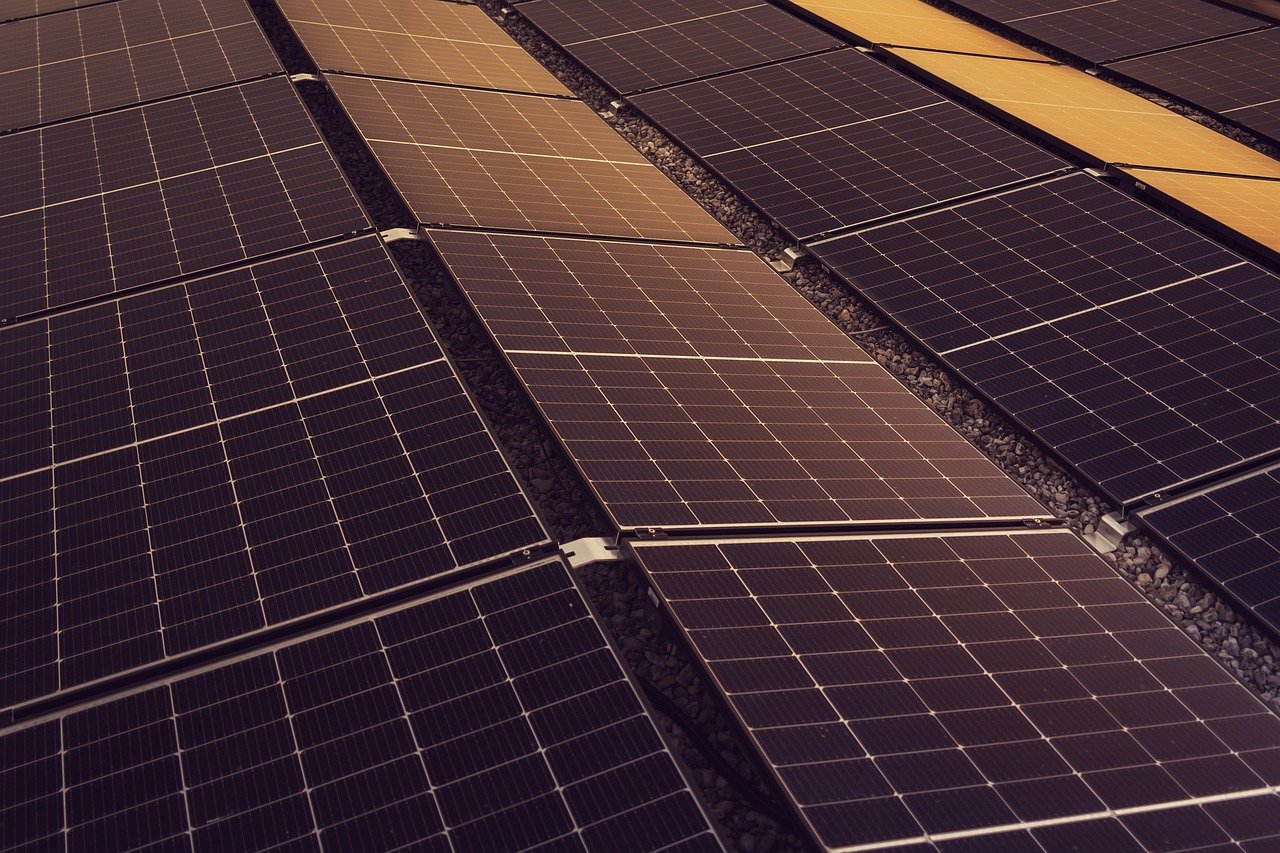
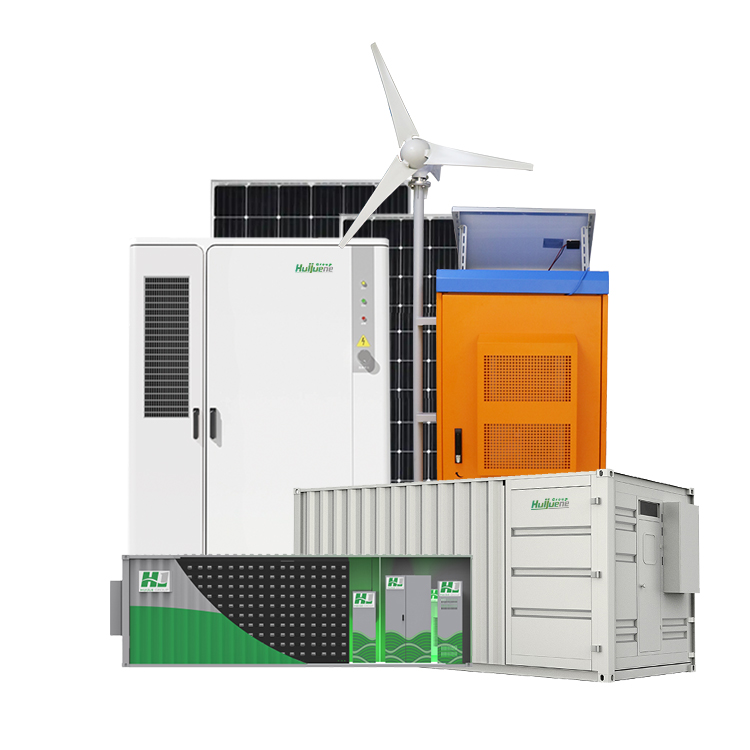

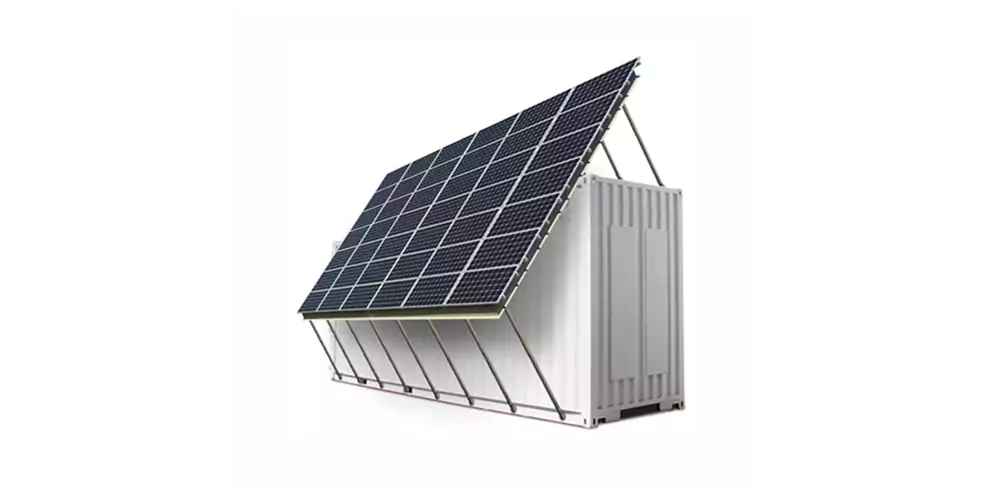


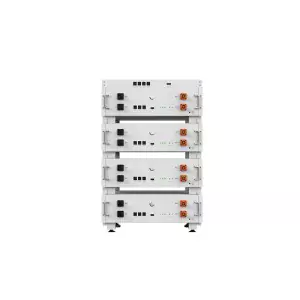


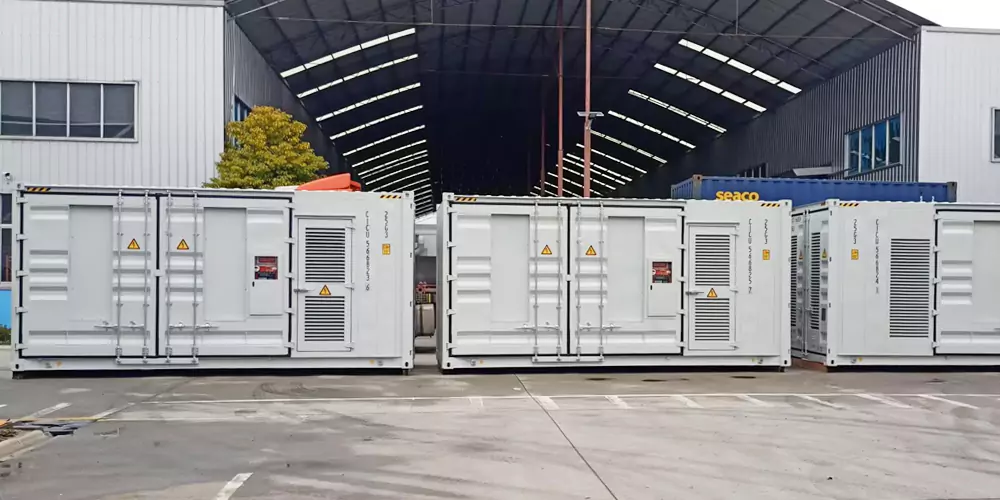



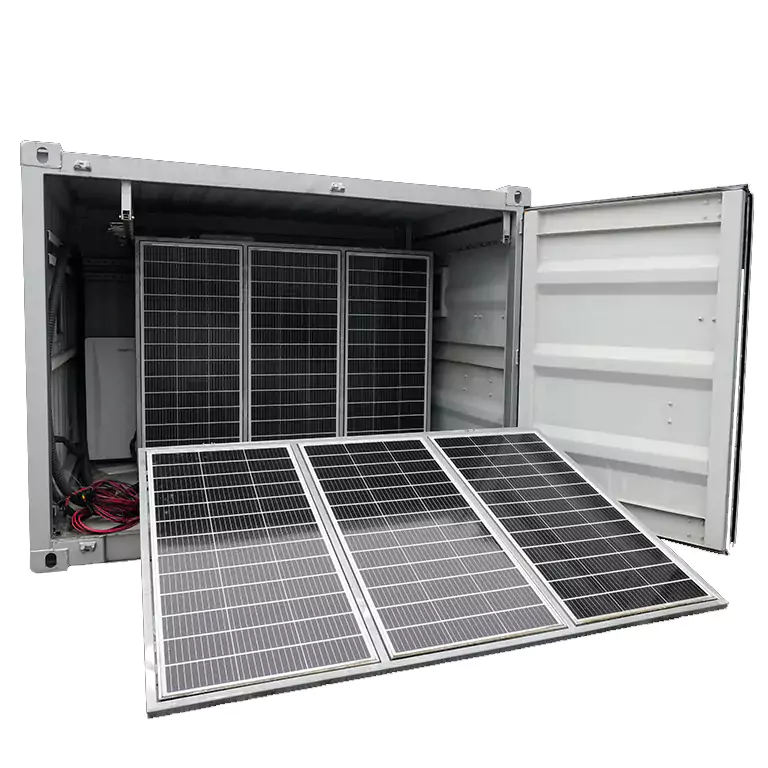
 Inquiry
Inquiry Online Chat
Online Chat